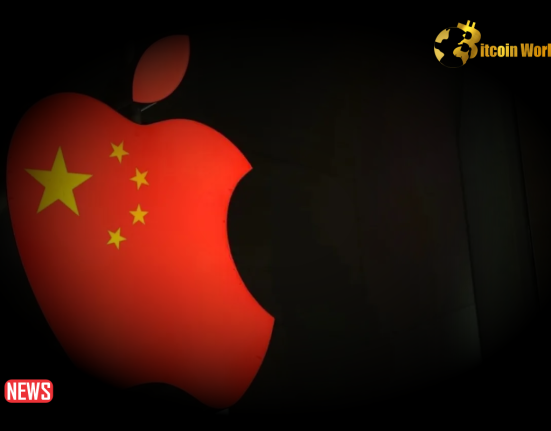A Saudi Arabian university has partnered with two Chinese academic institutions to develop AceGPT, an artificial intelligence system tailored for the Arabic language.
Collaborating with the King Abdullah University of Science and Technology (KAUST) in Saudi Arabia, two esteemed Chinese universities have joined forces to create AceGPT. This robust language model, AceGPT, is founded on Meta’s Llama 2 and was officially introduced by a distinguished Chinese-American professor at KAUST in collaboration with the School of Data Science at the Chinese University of Hong Kong, Shenzhen (CUHKSZ), and the Shenzhen Research Institute of Big Data (SRIBD).
As disclosed on the project’s GitHub page, this model is expressly designed to serve as a proficient AI assistant for Arabic-speaking individuals, adept at responding to inquiries in Arabic. Nonetheless, it should be noted that it may not consistently deliver satisfactory results when dealing with other languages.
In a proactive approach, the developers have enhanced the model to identify potential misuse, including the mishandling of sensitive information, the generation of harmful content, the propagation of misinformation, or the failure of safety checks. Nevertheless, users are urged to wield this technology responsibly, as it has not undergone a comprehensive safety assessment.
The developers emphasize the importance of discretion, stating, “We have not conducted an exhaustive safety check on the model, so users should exercise caution. We cannot overemphasize the need for responsible and judicious use of our model.”
AceGPT has been brought to life through a combination of open-source data and data meticulously curated by the researchers. This groundbreaking development aligns with Saudi Arabia’s ongoing endeavors to establish itself as a regional pioneer in cutting-edge technologies, particularly in the field of AI.
In a notable collaboration, the Saudi Arabian central bank recently worked in conjunction with the Hong Kong Monetary Authority on projects involving tokens and payments, signifying the nation’s commitment to advancing the digital landscape. Moreover, earlier this year, the Saudi government formed a partnership with The Sandbox metaverse platform, further accelerating its ambitions within the realm of the metaverse.
Furthermore, in the domain of semiconductor exports, United States regulators have communicated with AI chip manufacturers Nvidia and AMD, urging them to limit the export of their high-level semiconductor chips, which are pivotal in AI development, to “certain” Middle Eastern countries. However, it should be noted that U.S. regulators have not explicitly blocked such exports to the Middle East region.














